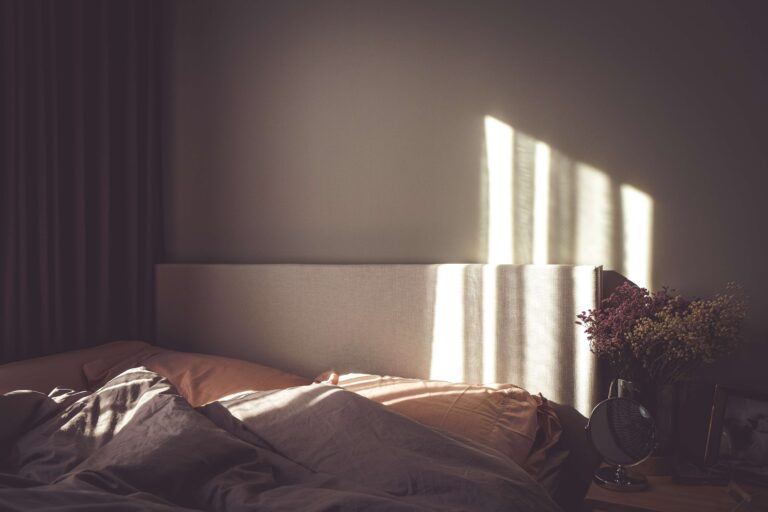A good night’s sleep is as important to your health as a nourishing diet or getting enough exercise and sleep problems are often an indication that you’re out of balance. That’s why at the Yinova Center we ask you lots of questions about your sleep. Your acupuncturist is likely to ask you some or all of the following questions.
Do you have trouble getting to sleep?
Do you wake up during the night?
Do you wake rested or groggy?
Do you have disturbing or strange dreams?
Do you feel sleepy during the day?
If you have trouble sleeping here are the top ten tips our acupuncturists give our Yinova patients to help them get a good night’s rest.
- Set a schedule – try to establish a regular bedtime and a consistent waking time.
- Try a gentle herbal formula – at the Yinova Center, we treat insomnia by addressing both the root of the problem and the branch. By that, we mean that we prescribe a gentle herbal sleep aid to treat the sleeplessness, but we also prescribe a formula for whatever is causing the insomnia. This can range from digestive disturbances to overheating, to worry and stress. Here at our center, your acupuncturist will write a specially tailored formula to help you get the bottom of whatever is causing your sleeplessness. Click here to read about why we don’t suggest melatonin as a sleep aid.
- Establish a wind-down routine that helps you relax before you go to bed. Some suggestions? A warm bath, a cup of chamomile tea, reading, yoga, prayer, meditation, breathing exercises. What we’re suggesting is anything that signals to your body that it’s time to change pace.
- 20 – 30 minutes of vigorous exercise earlier on in the day can help your body to relax later on when it’s time to sleep.
- Avoid eating a heavy meal before you sleep and the same goes for caffeine, alcohol, and nicotine, all of which can keep you awake.
- Make your bedroom a sleep-friendly zone by limiting distractions like the computer or TV.
- Regular acupuncture can help sleep and in this blog, we explain how Chinese medicine approaches insomnia.
- Don’t nap during the day. It’s tempting to try to catch up on sleep by taking a daytime nap but that will make you less likely to sleep later on.
- Manage stress. When you have too much on your mind your sleep is likely to suffer so find ways of dealing with stress – including yoga, meditation, exercise, talk therapy massage, and acupuncture.
- If you don’t fall asleep within half an hour get up and repeat one of your wind-down techniques for 15 minutes before trying again.






